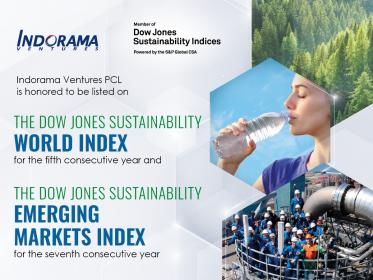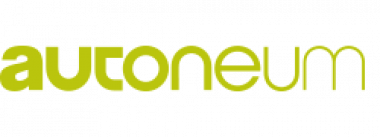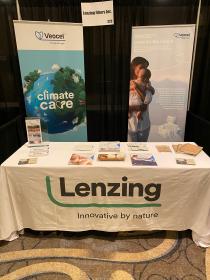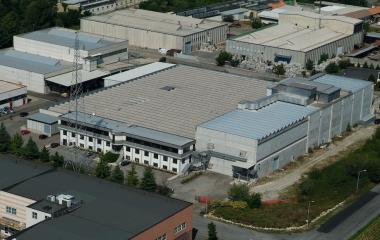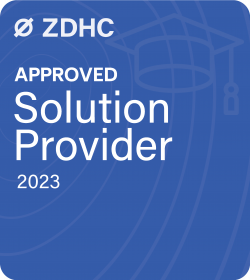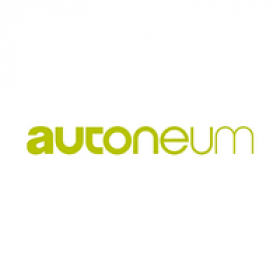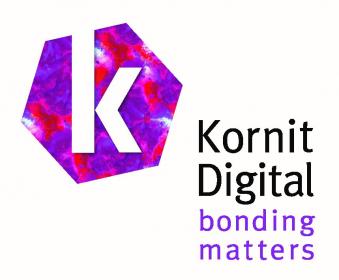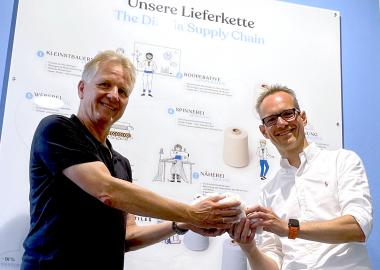Indorama Ventures again a member of the DJSI World and DJSI Emerging Markets
Indorama Ventures Public Company Limited has been selected for inclusion in the Dow Jones Sustainability World Index (DJSI World) for the fifth consecutive year and the Dow Jones Sustainability Emerging Markets Index (DJSI Emerging Markets) for the seventh year in a row.
Indorama Ventures ranked in the 92nd percentile amongst 11 chemical companies eligible for listing out of 89 chemical companies invited, with a Corporate Sustainability Assessment (CSA) Score of 73 out of 100. The score reflects the company’s best-in-class performance in innovation management, covering product innovation, process innovation, and open innovation, which involves collaborative research and development with external organizations such as customers, suppliers, brand owners, and academic institutions. It also recognizes the company’s achievements in decarbonization, climate change resiliency and adaptation, plastic waste management and recycling, corporate social responsibility, and contribution to the Sustainable Development Goals (SDGs).
Dow Jones Sustainability World Index Dow Jones Sustainability Emerging Markets Index Indorama Ventures Limited
Indorama


